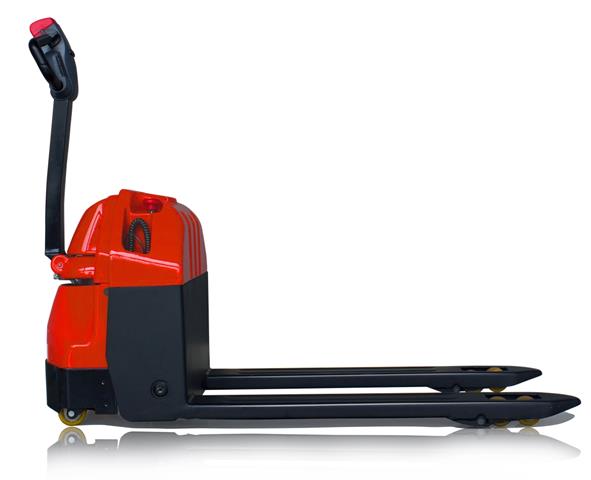 New standards for pedestrian pallet trucks and stackers |
The UK's Accrediting body is calling for employers to understand the new testing standards for powered pallet trucks.
On 1 December 2019, the Accrediting Bodies Association (ABA) introduced new and tougher standards for testing the basic operating skills for rider and pedestrian pallet trucks and stackers (Category A).
The format for the new standards is based on those agreed in recent years for counterbalance trucks. As a result, the test is now nationally consistent, more rigorous and more compatible with other categories of equipment.
"The new testing standards target habitual bad practice," says Adam Smith, managing director of leading accrediting body AITT. "Those repeatedly committing the same safety-related fault will fail the test's practical element and require further training."
In broad terms, changes to the regime will affect four aspects of the test:
Pre-shift and daily checks: Elements of the pre-inspection will now be mandatory. This was not the case previously.
Heavier penalties: Certain serious faults will now carry penalties of five points. If a candidate incurs more than three five-point penalties in any one category, it will be an automatic fail.
Tougher scoring: Increases in penalty points from three to five make it easier to accrue more than 40 penalty points, and, therefore, fail the test.
Theory: While the theory test paper has the same number of questions as before, there are now four multiple-choice answers, rather than three. Five of the questions are mandatory and therefore must always be included. In the 20 multiple-choice questions, 10 must be safety-related and 10 must be operational.
Smith explains that powered pallet trucks are among the most commonly used pieces of handling equipment in any warehouse and some of the most dangerous. Every year many hundreds of operators using them suffer serious injuries including strains, trapping and fractures.
But new testing standards should go a long way to ensuring safer and more efficient operator performance, as long as employers play their part.
Meanwhile, training accreditation organisation RTITB has welcomed the introduction of the new skills test for pedestrian-operated lift trucks.
"This ground-breaking test will ensure that an operator's journey into the world of logistics will be a safe and efficient one," says Laura Nelson, managing director for RTITB. "What's more, they will be reassured that by achieving the required standard, they will be among the best operators in the world.
"Care has been taken to ensure that the new assessment process accurately reflects the workplace, and the work required in the real world," she adds, explaining that the testing standards are similar to those already in existence for other materials handling equipment.
"At RTITB, we believe that standardising training and testing is at the core of improving and maintaining safety in logistics and transport operations," says Nelson. "We are proud to have contributed to the development of this important, industry-wide safety measure."